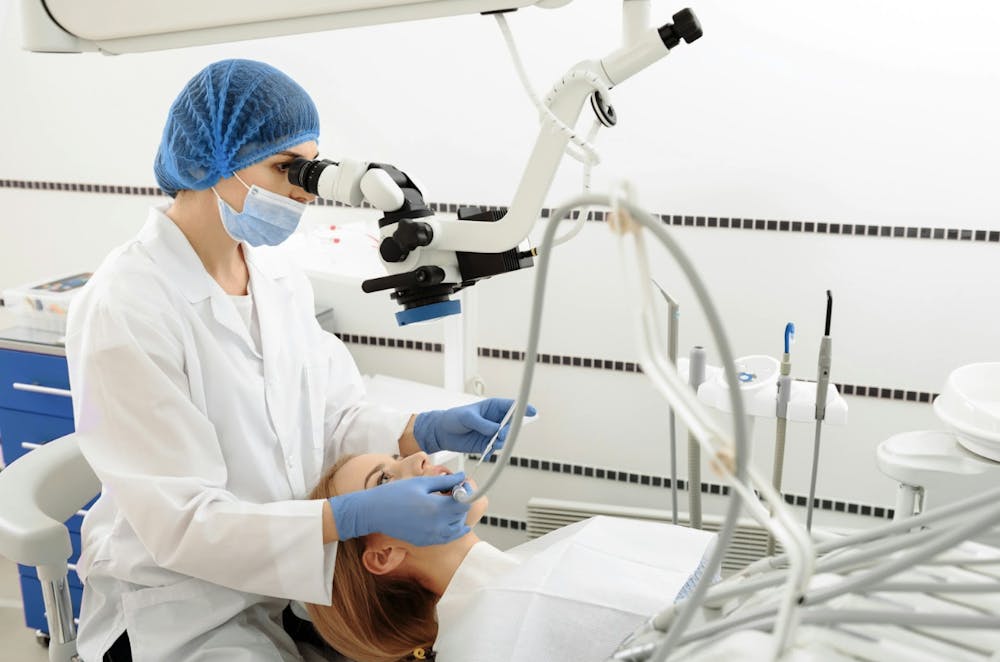Contrary to popular perception, dentistry can be an extremely rewarding and stimulating career choice, yet can also present unique challenges.
Oral health issues have been linked to chronic diseases like diabetes and cardiovascular disease. Dentists are often the first healthcare professionals to identify issues in oral health, helping their patients take preventative steps against them.
Work-Life Balance
Work-life balance can be an elusive concept to pin down for dental professionals. While this term often means an even distribution between work and personal priorities, it could also indicate greater commitment to family or non-professional activities outside of dentistry.
Attaining work-life equilibrium as a dentist is an integral component of success. You can do this through effective time management and prioritization strategies, delegating tasks among practice members, setting clear boundaries with patients and staff alike and engaging in self-care practices and stress-reduction techniques to do your part in creating this balance.
Many dentists opt to become owners and run their own practices, which allows for flexibility with scheduling and work hours. However, the added responsibility of managing employees may increase your workload significantly. It is also common for dental firms to experience high turnover rates which impact productivity and morale as well as leading to increased job stress for remaining staff as turnover inevitably impacts productivity levels and morale - something a good support network can help mitigate against.
Physically Demanding
Physical requirements of dentistry may be an impediment to some individuals. The job's physical demands require lots of manual work that may strain wrists and other joints in the body. Furthermore, dental work can also have detrimental effects on hearing and eyes: constant high-pitched buzz of a dental drill may lead to hearing loss; accidental needle sticks expose you to potentially bloodborne diseases like HIV and Hepatitis;
Dentistry has an exceptionally high demand, as most communities rely on dental care to remain healthy. Dentists can usually find employment quickly after completing their education and training; layoffs in this industry are rare.
Cost can be an obstacle when considering a career in dentistry; tuition fees can be substantial. Without enough savings to help pay these off over time, starting your professional life with significant debt could prove challenging.
Insufficient Insurance Coverage
As dental care costs continue to soar, more and more Canadians are finding it increasingly difficult to access services they require. People on social assistance, new immigrants and older adults are particularly likely to face cost barriers to receiving the necessary dental care, leading some individuals to resort to unlicensed dentistry or alternative solutions that pose potential health and safety risks.
Like physicians and hospitals services in Canada covered by our universal health care system (Medicare), dental care in our nation is not publicly funded; instead most Canadians finance it privately via private insurance policies, employment-based benefits or dental aid programs. Even so, income-related inequities remain; therefore it's vital to investigate potential policy solutions to address socio-economic gradients; so confidential microdata from five cycles of the CCHS was used to examine effects such as income and dental insurance coverage on needs for both urgent and nonurgent care services.
High Education Requirements
One of the many advantages of dentistry is its excellent salary and work-life balance, and steady career stability - people always needing oral care!
Being a dentist offers another advantage - being your own boss when opening up your own practice! This gives you freedom in choosing when and how much work to put in each week.
Finding your ideal career can be a difficult decision, but it is crucial that you pursue something which brings joy and fulfills your needs. If dentistry interests you, try job shadowing or volunteering in an office to gain an idea of the job responsibilities. In addition, take advanced placement (AP) math and science courses as preparation for entering dental school as well as prepare yourself for the Dental Admission Test (DAT), an assessment required of students pursuing dental degrees.





The Daily News welcomes thoughtful discussion on all of our stories, but please keep comments civil and on-topic. Read our full guidelines here.